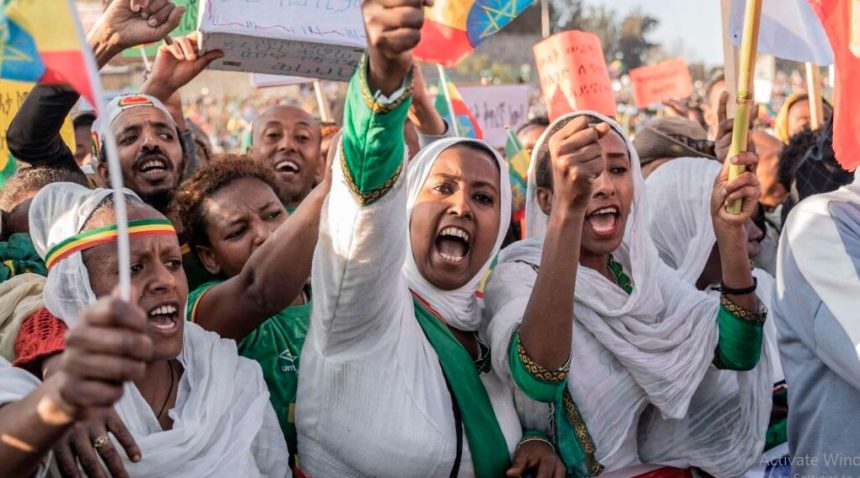Following more than five months of limitations, social media platforms and messaging apps like Facebook, Telegram, TikTok, and Youtube were again fully available in Ethiopia on Wednesday, according to an AFP journalist and the Open Observatory of Network Interference (OONI).
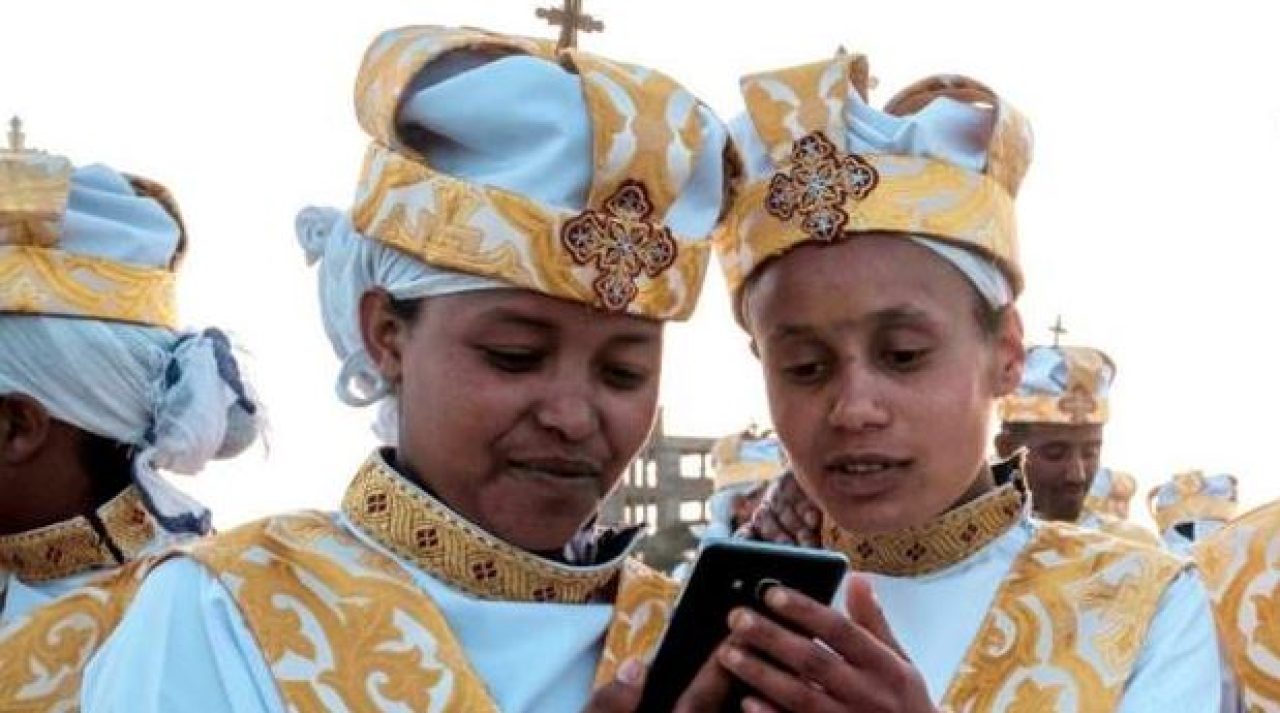
Since 9 February, when officials of the Ethiopian Orthodox Church called for protests against the formation of a dissident synod, blockages on several websites and applications have been reported by OONI, an organisation that monitors online censorship.
Since that time, a virtual private network (VPN), which enables users to connect virtually from another location, has been the sole way to access these social networks.
These websites were fully accessible from the Ethiopian network on Wednesday, July 19, according to an AFP correspondent.
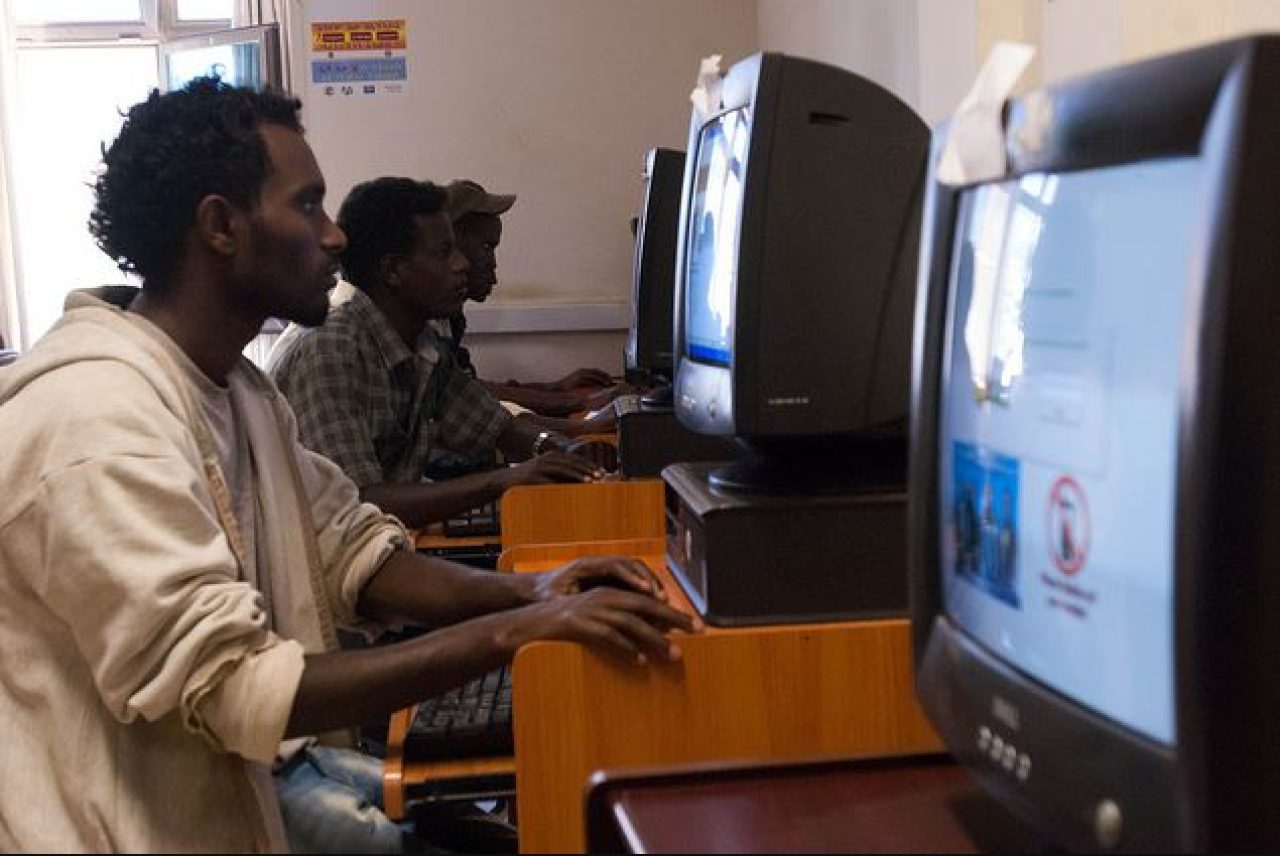
The limits were instituted in reaction to anti-government demonstrations brought on by conflicts within the Ethiopian Orthodox Tewahedo Church, according to local media Addis Standard, which also reported the lifting of the restrictions.
Amnesty International and the nonprofit Centre for Advancement of Rights and Democracy (CARD), among other human rights organisations, had criticised the government’s action.
Amnesty International criticized the blocking because it “clearly violates citizens’ rights to freedom of expression and access to information”.
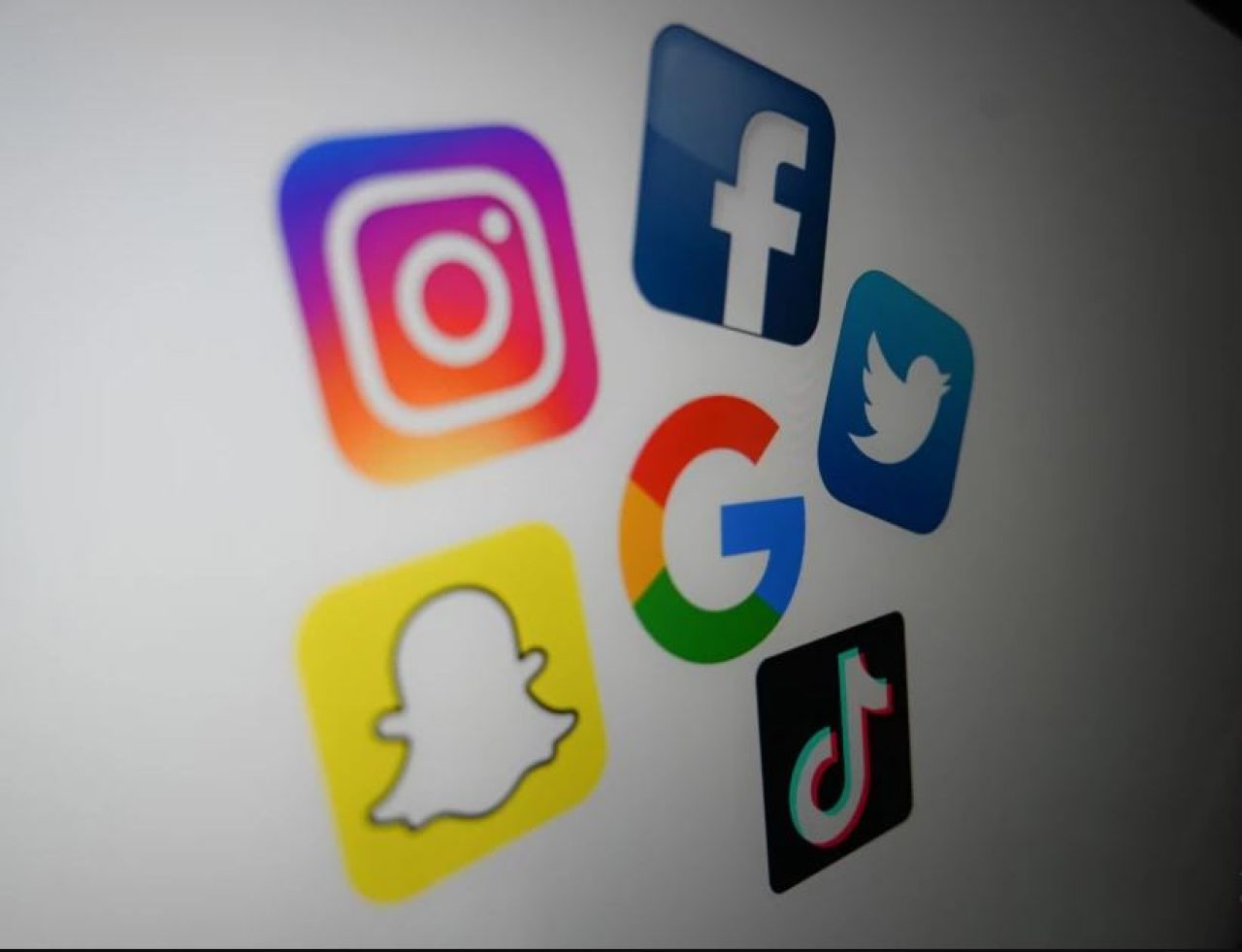
AFP’s enquiries were not answered by the government or the public service provider.
In a campaign in June of last year, the (CARD) said that internet censorship threatened “the survival of modern businesses.”
Access to these websites was likewise reported as being unrestricted by the OONI Probe programme, which looks for online limitations and obstructions.
In recent years, the Ethiopian government has frequently blocked or restricted access to the internet or to particular platforms.
When confronted with a protest movement that had not been seen in 25 years, the previous administration did so multiple times between 2015 and 2017.
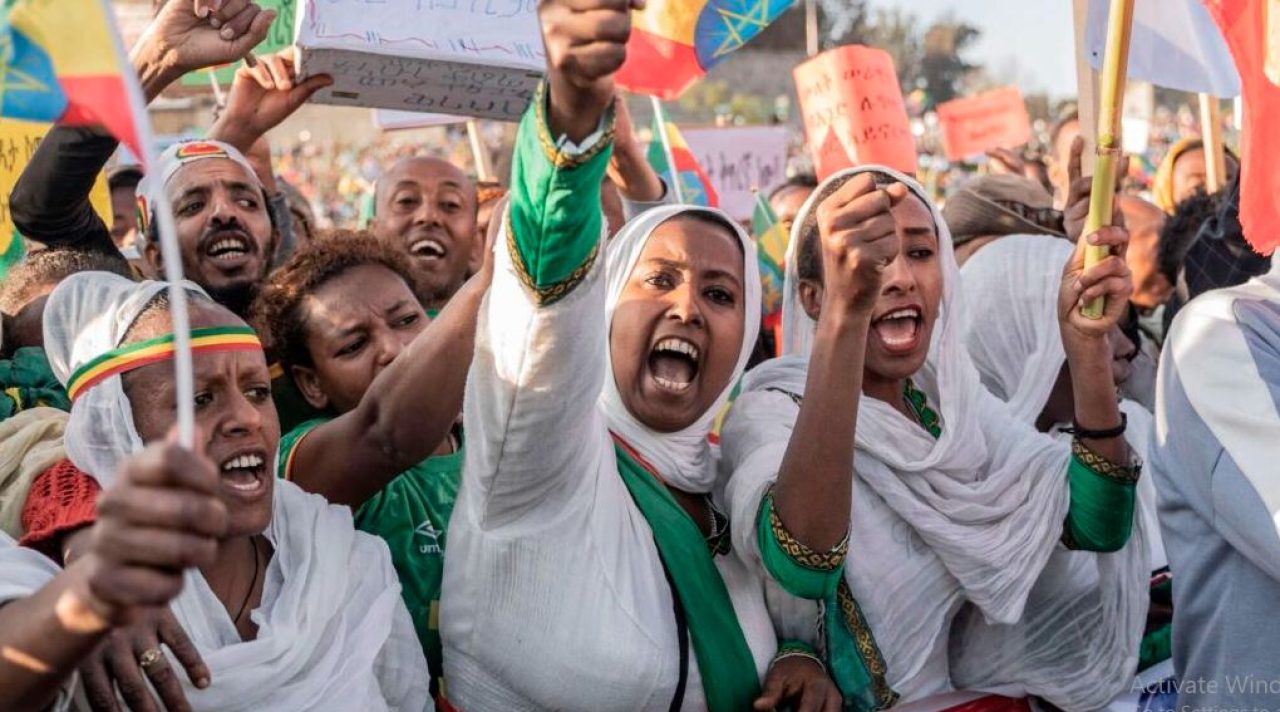
This situation has persisted ever since Mr. Abiy took office in 2018.
Between November 2020 and November 2022, the northern Tigray region, which was the scene of an armed war with the federal government, was largely cut off from all forms of communication. After a peace accord was signed in November of last year, networks have been partially restored.
